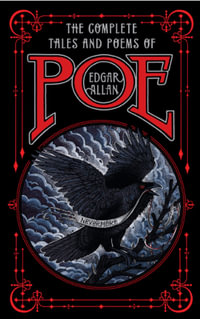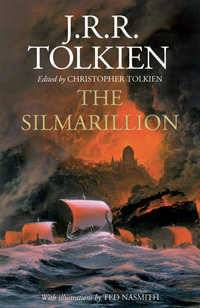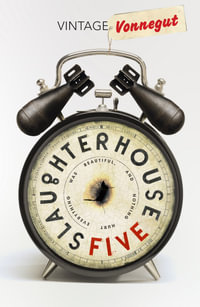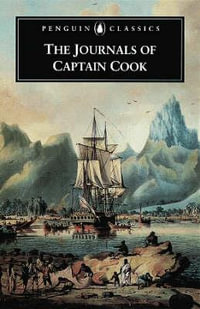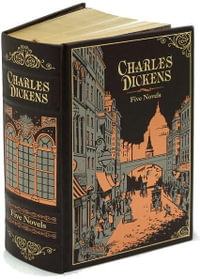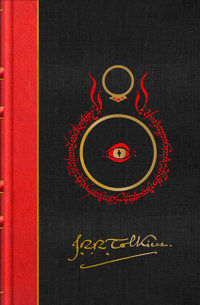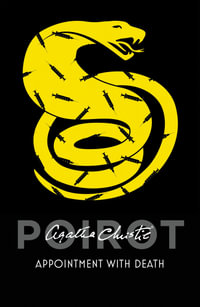First published in 1932, Journey to the End of the Night was immediately acclaimed as a masterpiece and a turning point in French literature. Told in the first person, the novel is based on the author's own experiences during the First World War, in French colonial Africa, in the USA - where he worked for a while at the Ford factory in Detroit - and later as a young doctor in a working-class suburb in Paris.
Celine's disgust with human folly, malice, greed and the chaotic state in which man has left society lies behind the bitterness that distinguishes his idiosyncratic, colloquial and visionary writing and gives it its force.
Industry Reviews
Journey to the End of the Night, first published in 1932, is one of the greatest novels of the 20th century... It could be said that without Celine there would have been no Henry Miller, no Jack Kerouac, no Charles Bukowski, no Beat poets. -- John Banville
The blackest comedies can baffle readers not trained, or just unwilling, to recognise the comic in human extremis. It's obscene, rock-bottom laughter, disabused of all idealism, that provides the tonic Celine speaks of. -- Howard Jacobson * The Guardian *
My favourite French classic has to be Journey to the End of the Night by Louis-Ferdinand Celine. It's an epic that takes you all around the world, but the centre of the world is Paris, or Celine's delirious, slightly hallucinatory, incredibly poetic vision of it. -- Andrew Hussey * The Guardian *
Celine's expletive-laden, first-person narration influenced Henry Miller, Charles Bukowski and Beat poetry. But the influences do not stop there: one cannot help but appreciate the palpable influence that the author's anti-war invective and defence of cowardice had on Joseph Heller's Yossarian and Kurt Vonnegut's Billy Pilgrim respectively. But, the interest of those he influenced aside, Celine's novel remains as readable and vital today as it was in the 1930s. * TLS *
Born in the shadow of entrenched realism and naturalism, Celine ripped up the textbook. He wasn't the first French writer to use a colloquial style, but he was the first to use it so relentlessly and powerfully, to create a brand, the rant, whether it was delirious, lyrical or raging. -- Tibor Fischer * The Guardian *





